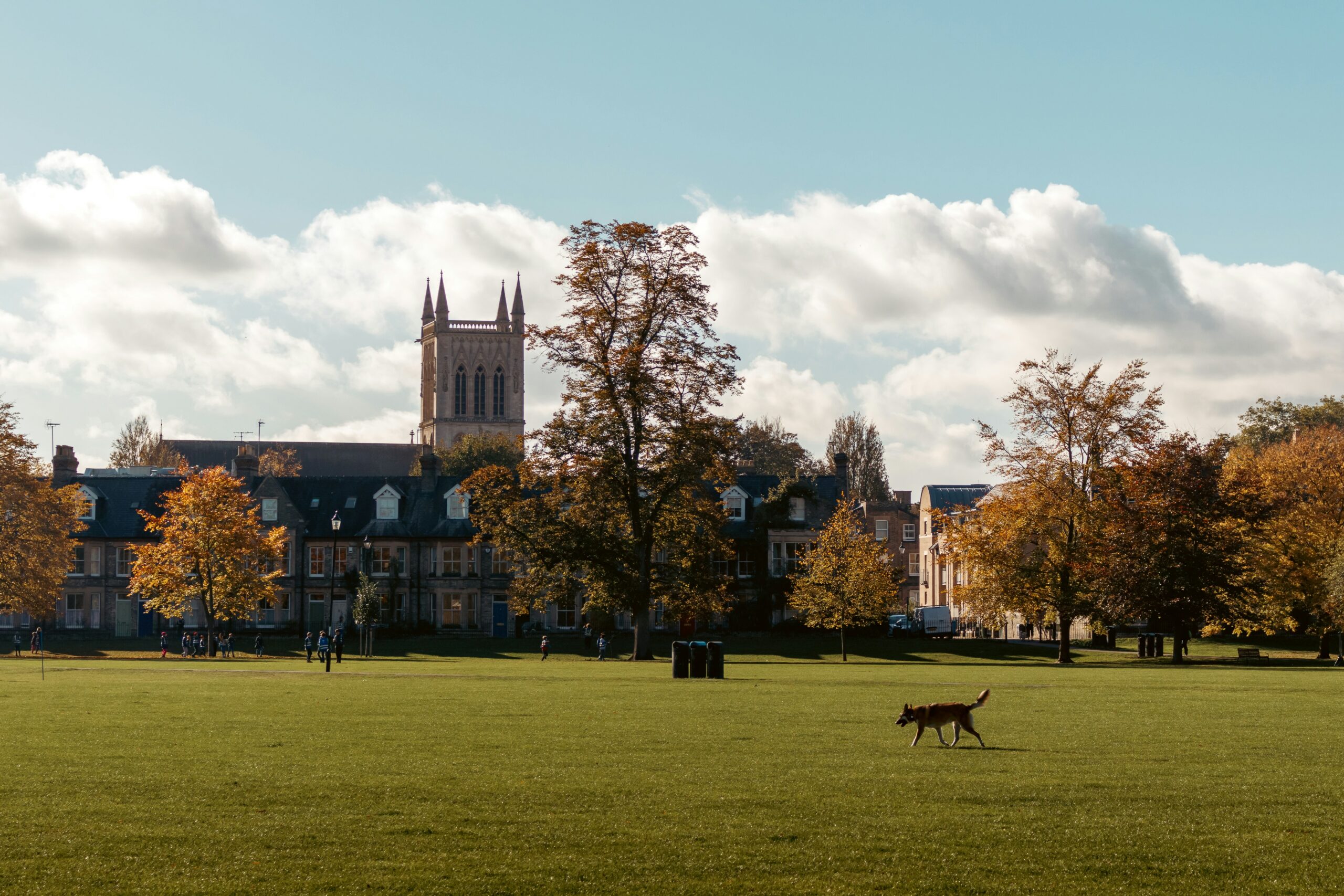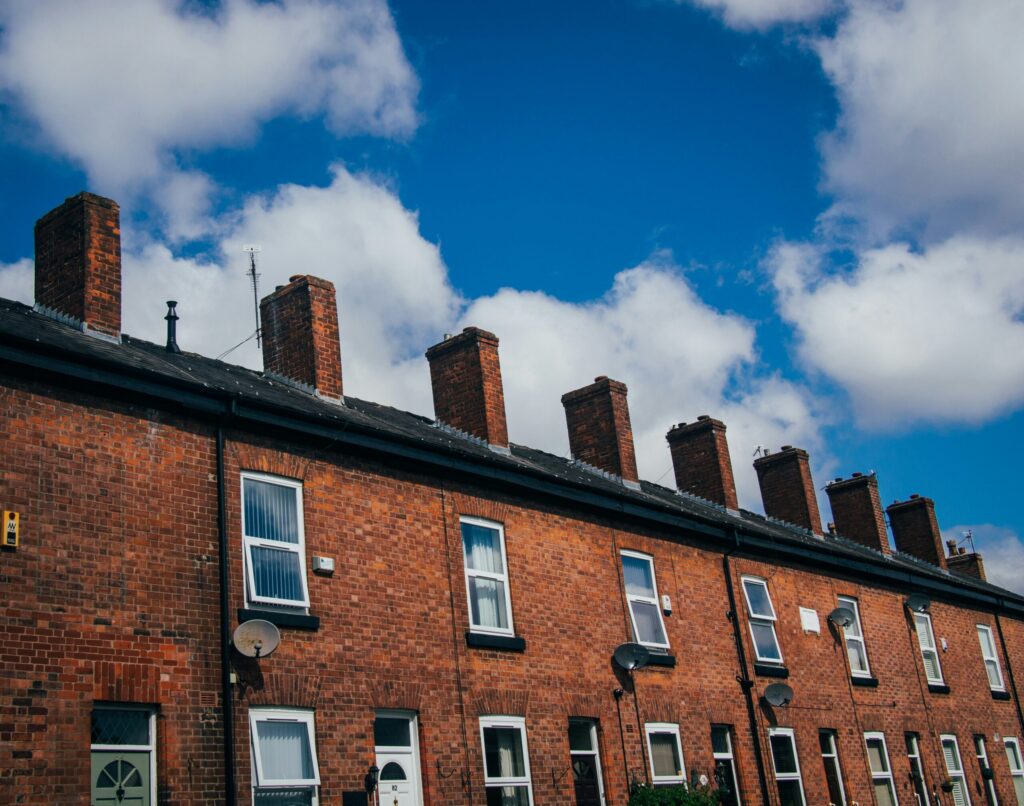
Which Properties Struggle to Sell in Cambridge?
Cambridge is renowned for its historic charm, world-class university, and thriving technology scene, making it one of the most desirable places to live in the UK. However, despite high demand and rising average house prices, not all homes sell quickly or easily. While the city’s overall property market remains strong, certain types of properties consistently struggle to attract serious buyers.
In this article, we’ll look at which properties tend to linger on the market in Cambridge, why that is, and what sellers can do to improve their chances of a quick and profitable sale.
1. Overpriced properties
Overpricing is one of the most common reasons why properties fail to sell. While Cambridge has seen impressive price growth – an average of around £509,000 as of early 2025, representing a 4.7% year-on-year increase – raising your asking price above local benchmarks can be a major turnoff for buyers. According to recent data, the average time on the market in Cambridge is 14 weeks, but homes that are significantly overpriced may take much longer to sell.
Today’s buyers are becoming savvier, using online tools to compare properties and track historical price trends. If your home doesn’t compare to other listings in the area, particularly in terms of price per square foot or condition, it is likely to be overlooked. Overpricing frequently results in multiple price reductions later on, giving the impression that there is a problem with the property, even if it is in perfect condition.
2. Homes in need of modernisation
Cambridge buyers are generally looking for properties that can be moved into immediately and require little maintenance. This trend is especially prevalent among professionals relocating to work in the city’s thriving technology or academic sectors. Homes that are outdated, poorly maintained, or in need of significant renovations are more likely to sit on the market for longer periods of time.
Buyers may be put off by the potential costs and time involved in updating a property to modern standards. Even issues like old-fashioned kitchens, outdated bathrooms, or worn carpets can disproportionately affect buyer interest. Energy efficiency is also becoming increasingly important; older homes with poor insulation or single glazing may lose out to newer, greener alternatives.
3. Properties in oversupplied or less desirable areas
While central and north Cambridge areas such as CB1 and CB5 continue to be in high demand, outlying districts such as CB6, which includes Ely and the surrounding rural areas, are experiencing an oversupply of listings. Because of the larger number of available homes in these areas, selling times are typically longer.
Lack of public transportation links, distance from the city centre, and limited access to amenities such as shops and schools can all put buyers off. Even within Cambridge, micro-location is important – a street near a busy road or with limited parking can have a significant impact on buyer interest, no matter how charming the home.
4. Luxury and high-end homes
Large, high-value homes (particularly those priced above £1 million) are a niche market. While there is a demand for high-end homes in Cambridge, the buyer pool is much smaller, resulting in longer average selling times.
These properties are also more susceptible to broader economic trends, such as interest rate increases and changes in stamp duty, which can affect buyer affordability and willingness to commit. In addition, premium homes must meet higher design, layout, and feature standards. Anything less than exceptional can lead to delays in securing a buyer.
5. Homes without sustainable features
As environmental awareness grows, so does the demand for sustainable, energy-efficient housing. Properties without modern insulation, energy-efficient heating systems, or a good EPC rating may be passed over in favour of greener options.
Cambridge’s young professionals and families are often environmentally conscious, and they may prefer homes with features such as solar panels, underfloor heating, double-glazed windows, or electric car charging stations.
6. Leasehold flats with short leases or high service charges
Flats in Cambridge, particularly leasehold properties with less than 80 years remaining on the lease, can be difficult to sell. Buyers are frequently turned off by the complexity and cost of lease extensions, not to mention the potential legal and financial ramifications.
High service fees and restrictive covenants can also discourage interest, particularly among first-time buyers or investors looking for low-maintenance properties. In a competitive market, buyers may prefer freehold homes or newer-built apartments with longer leases and more transparent fees.
7. Properties that have been on the market too long
Sometimes it is not the property itself but the perception that ruins a sale. Homes that have been listed for several months may develop a stigma, with buyers assuming there is a hidden problem.
If a home does not sell within the first few weeks, it may necessitate a new marketing strategy – better photography, revised pricing, or even a different estate agent. Cambridge buyers move quickly, and properties that appear stale may fall completely off their radar.
Struggling to sell in Cambridge?
Having trouble selling or want to avoid the stress of a lengthy, uncertain process? Sell House Fast provides a simple and efficient alternative. We buy any house or property in any condition and location throughout Cambridge, often completing sales in as little as a few weeks. Contact us today for a free, no-obligation cash offer.


